Germany says to join ‘nuclear’ talks with Iran, UK, France
Germany has said it would join talks with its European partners, the UK and France, and Iran on a range of issues, including the Islamic Republic’s nuclear energy program.
“I can confirm that a meeting at the level of officials and political directors on the subject of, among other things, the nuclear issue is in the cards,” German foreign ministry spokesman Christian Wagner told a press briefing in the capital Berlin on Monday.
Wagner did not specify either the talks’ venue or their timing.
Iranian Deputy Foreign Minister for Political Affairs, Majid Takht Ravanchi has, however, travelled to the Norwegian capital Oslo to reportedly kick off Iran’s talks with European countries, including the trio.
The talks are expected to serve as a precursor to potential further negotiations in Geneva on Friday, which are reportedly slated to address the nuclear issue, regional matters, and the Islamic Republic’s relations with the continent.
The developments came after the Board of Governors of the United Nations nuclear watchdog, the International Atomic Energy Agency (IAEA), adopted an anti-Iranian resolution based on a proposal that had been forwarded by the threesome states and backed by the United States. The resolution reiterated the trio and their allies’ accusations against the Islamic Republic of insufficient cooperation with the IAEA.
Taking legitimate retaliatory action, the Islamic Republic activated a considerable number of its advanced centrifuges following the issuance of the resolution.
In chorus with the US and others, the threesome European states have been taking numerous similar measures against Iran in line with the accusations that run counter to the standing status of the country and the agency’s cooperation, which has even increased in frequency and quality over the past years.
The ongoing confrontational approach on the part of the West comes, while it was the US that broke off its internationally-endorsed commitments to Iran by unilaterally and illegally leaving a 2015 nuclear agreement between the Islamic Republic and world countries and returning the sanctions that the deal had lifted.
The European trio, which were likewise signatories to the deal, meanwhile, failed to return Washington to the accord, despite their repeated insistence that they would do so.
Wagner reiterated Europe’s “concerns” about Iran’s nuclear program. “So this is a conversation where we have a channel to make our position clear, so to speak,” he added.
He claimed that the continent was also worried about “a lot of things about Iran. That is Iran's regional role,” alleging that Brussels was uneasy with “the proxies it (the Islamic Republic) uses.”
Tehran has invariably rejected claims about its allegedly “using proxies” across the region, asserting that the regional Axis of Resistance that is engaged in intense retaliatory operations against the Western-backed Israeli regime and whose movements are alleged by the West to be part of Iran’s “proxies,” always acts on its own initiative and is subject to no party’s orders in performing its anti-occupation struggle.
While dismissing the West’s hackneyed accusations, Iran has repeatedly insisted that it was always prepared to resume negotiations on the basis of mutual respect towards resolution of standing differences between the two sides as long as the talks lead to genuine action, including verifiable removal of the illegal American bans against the Islamic Republic.
100 abducted Nigerian students freed, over 160 remain missing
Hamas signals 'comprehensive approach' in second‑phase Gaza truce talks
VIDEO | Trump derangement syndrome
VIDEO | US plan for ‘Preeminence’ in Western Hemisphere
‘Multipolar world finally emerges’: Trump’s ‘National Security Strategy’ sparks online buzz
Netanyahu says won’t quit politics even if granted pardon in corruption trial
Macron warns Beijing of tariffs in bid for EU-China trade deal
White House pushing for Sisi–Netanyahu summit: Report


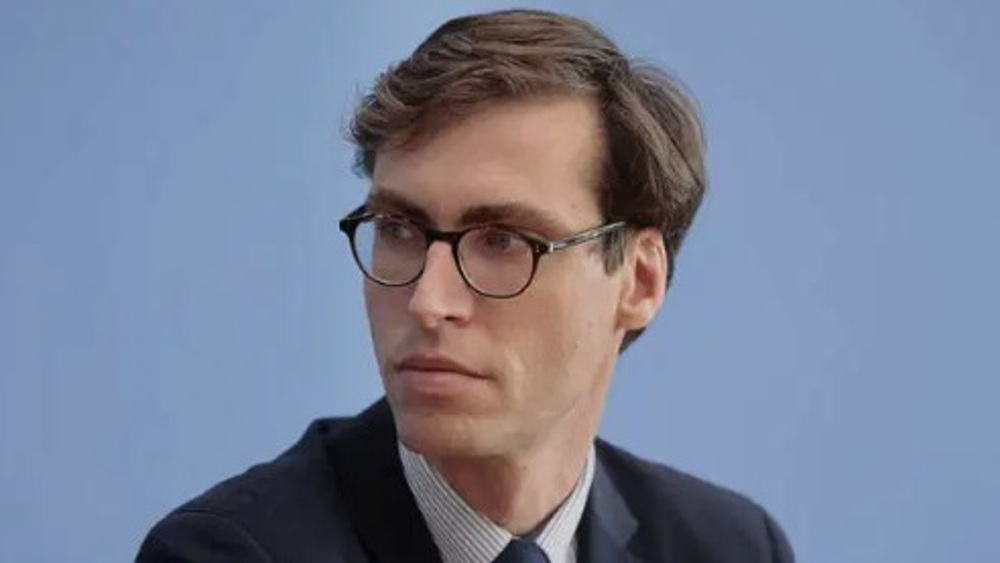
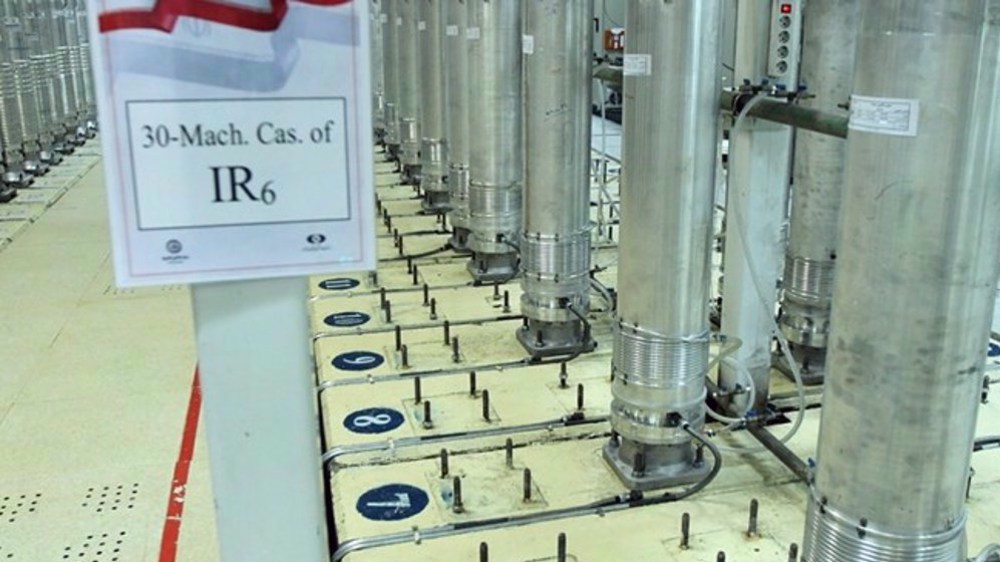
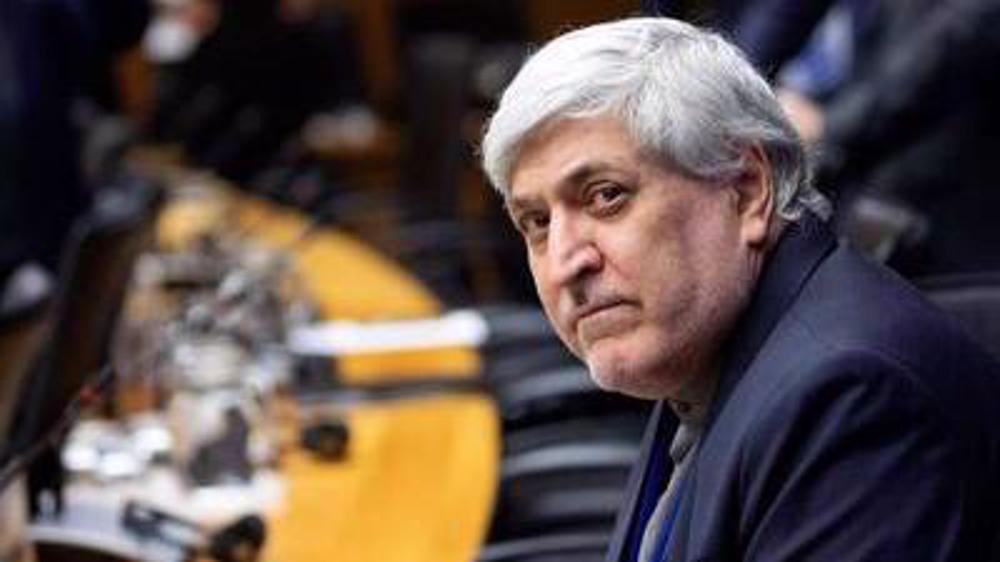
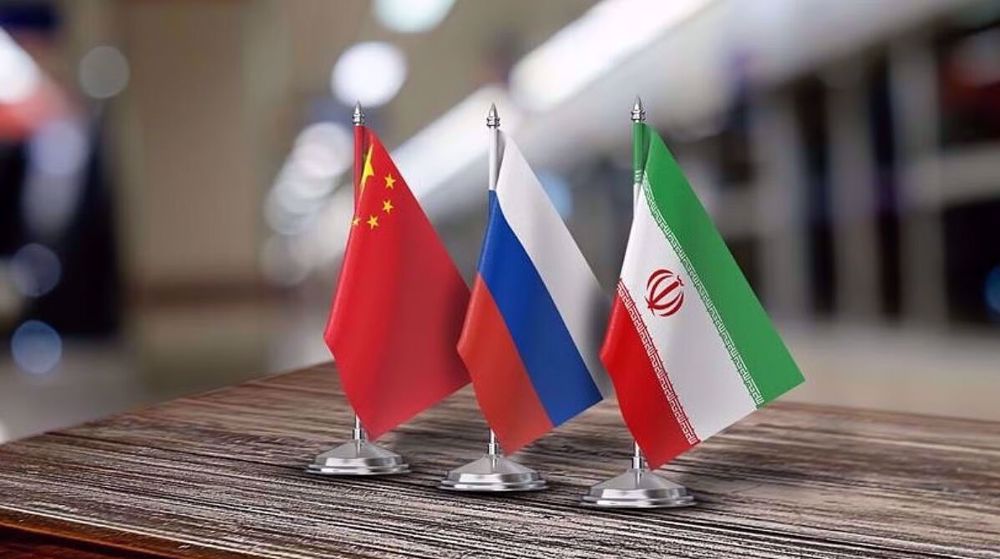
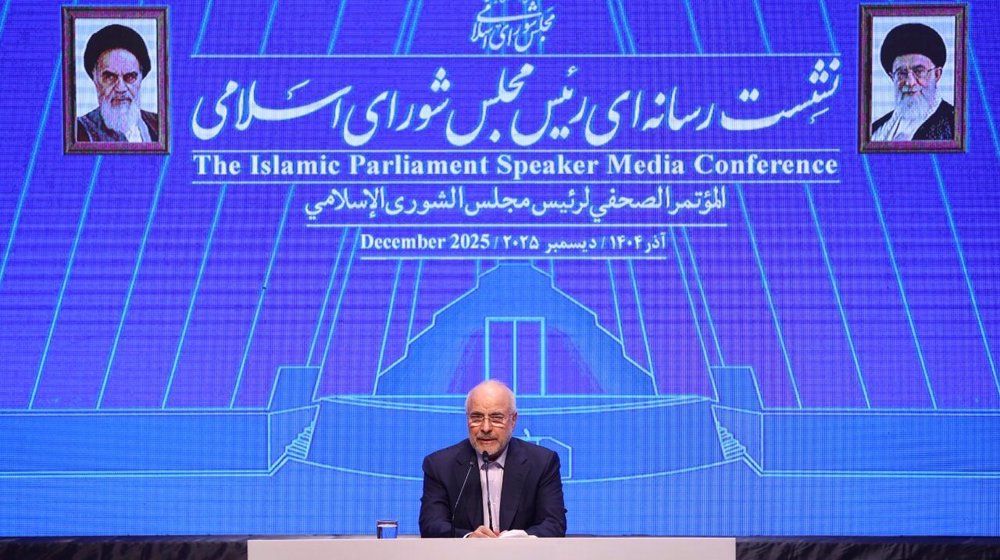
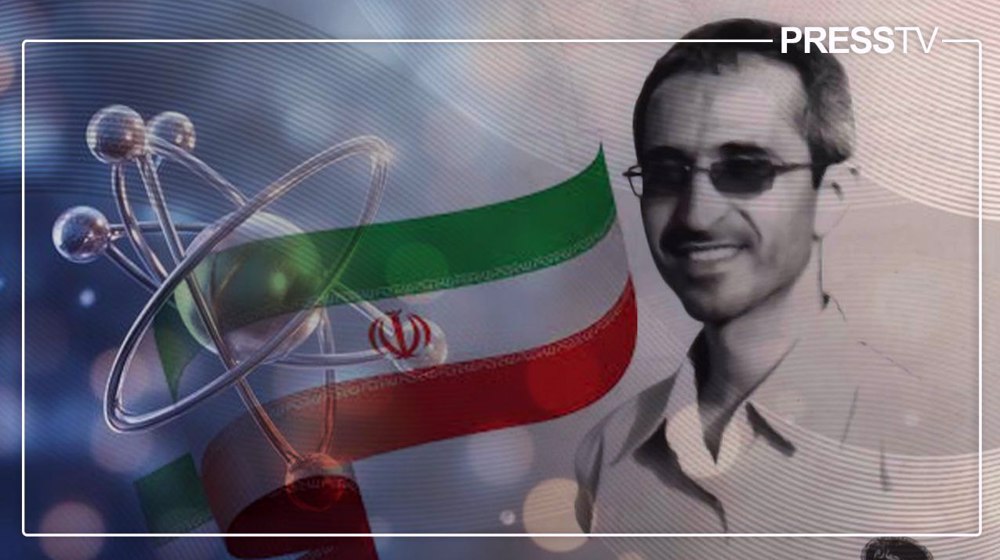



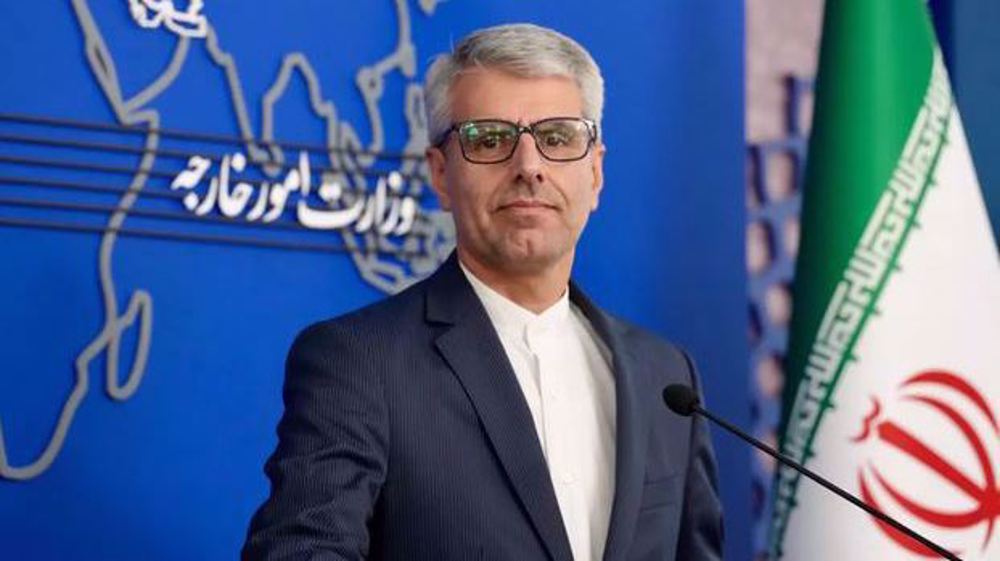
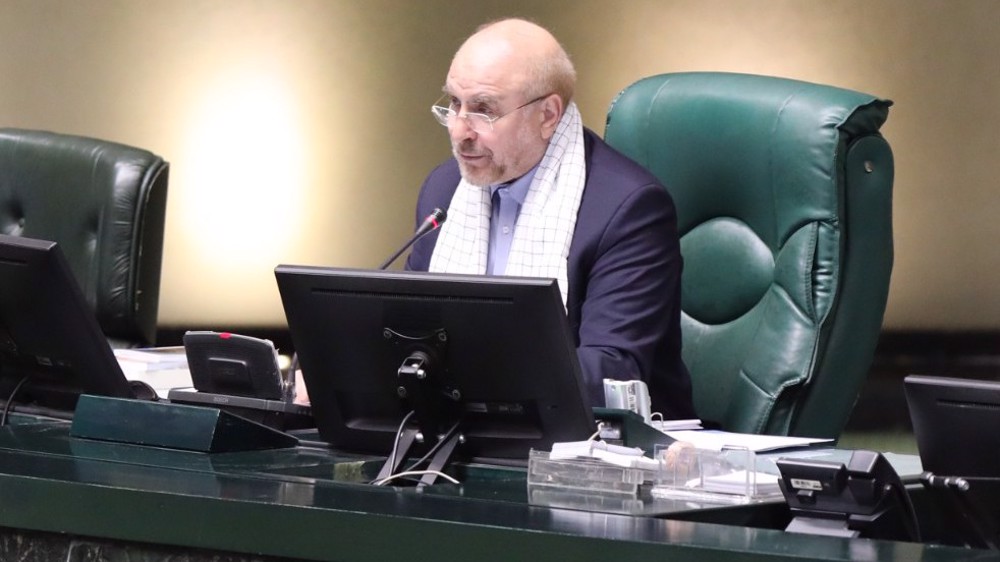
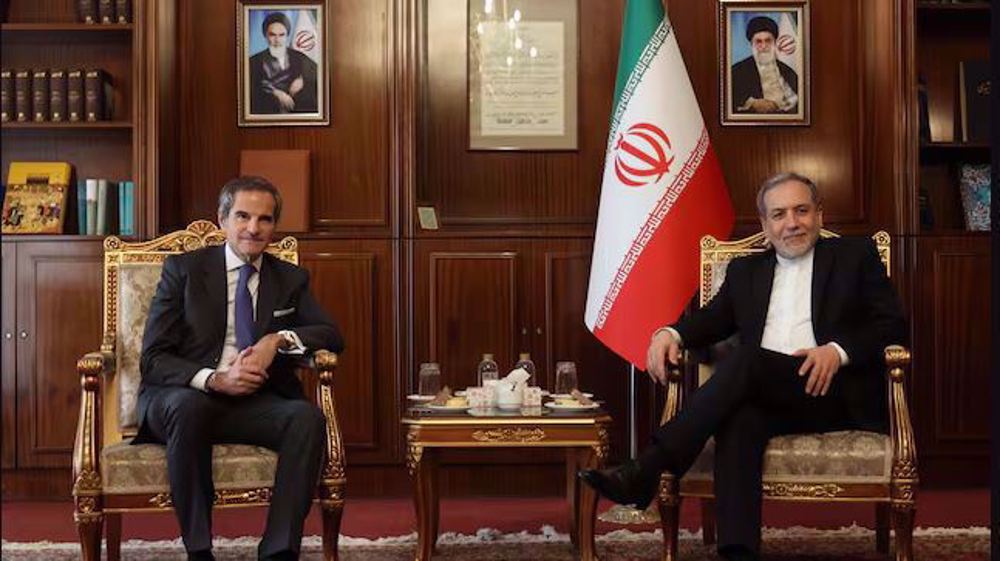

 This makes it easy to access the Press TV website
This makes it easy to access the Press TV website